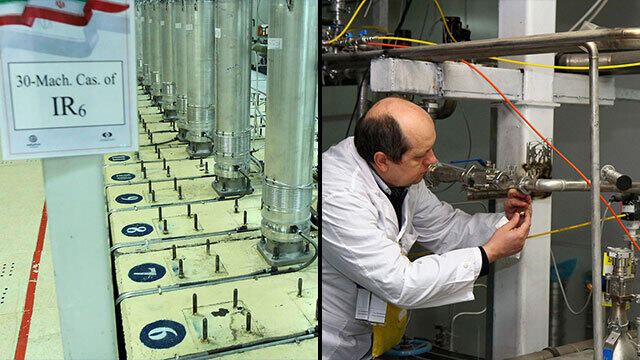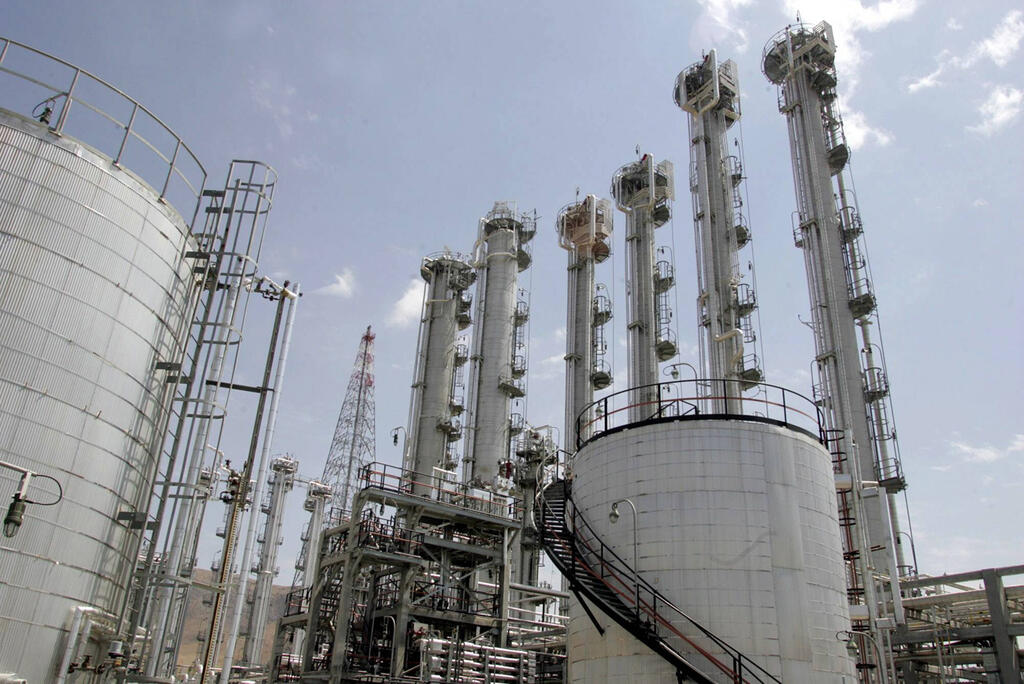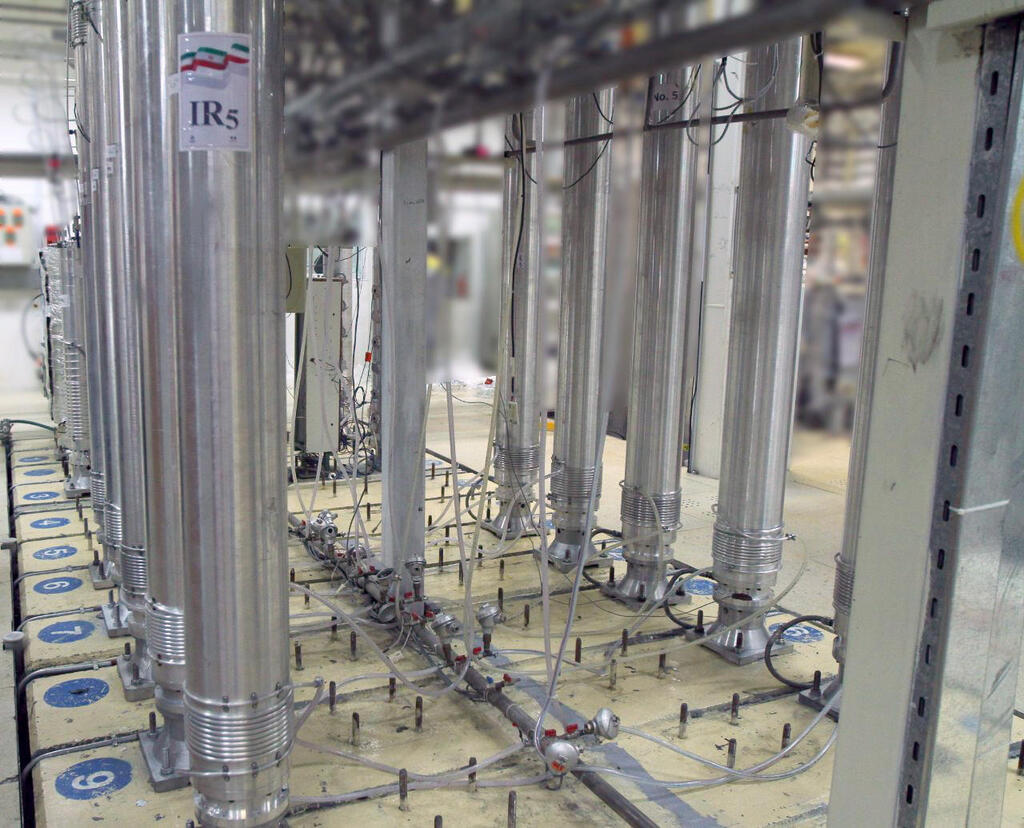Iran has used classified documents from the UN's nuclear watchdog to cover up and conceal work on nuclear weapons, the Wall Street Journal (WSJ) reported on Wednesday, citing Middle East intelligence officials and documents examined by the New York-based daily.
According to the report, the documents — which were retrieved in an audacious clandestine operation of Israel's Mossad intelligence agency and exposed by then-prime minister Benjamin Netanyahu in 2018 — reveal how the Mullah regime in Tehran tried to hoodwink the International Atomic Energy Agency (IAEA) inspectors who sought to scrutinize its nuclear weapons program about two decades ago.
The WSJ claims that the documents examined by it have not yet been made public. Intelligence sources who spoke to the newspaper said the Iranians managed to secure access to classified internal IAEA reports and circulated them among various officials in its nuclear program, along with other Iranian documents, between 2004 and 2006.
Former IAEA inspector and current president of the Institute for Science and International Security David Albright told the WSJ that the leaks gave the Iranians foreknowledge of what information was available to the IAEA and allowed them to formulate answers that would only provide existing information without divulging new one.
The report lays out several instances of Iran using internal IAEA documents. In one such case, Iranian intelligence services circulated one such report among senior Iranian officials on May 19, 2004, to prepare them for an IAEA inspection at a nuclear facility in Arak three days later.
The report included detailed satellite imagery, evidence obtained from open sources regarding Iran's activity at the site and a list of 18 questions that the IAEA intended to ask about said activity.
One of the officials made privy to the information was Ali Shamkhani, then the Islamic Republic's minister of defense and currently the secretary of the Supreme National Security Council.
However, the report stressed that the IAEA over the past decade determined that Iran has led a "coordinated effort" to develop nuclear weapons at least until 2003. Israel claims that Iran never ceased pursuing nuclear arms. Tehran denies its nuclear program ever had a military dimension and is strictly for peaceful purposes.
The report comes against the background of protracted talks between Tehran and world powers to revive a 2015 pact aimed at bridling its nuclear program, with IAEA inspections remaining one of the main sticking points.
In that agreement, Iran has agreed to significant restrictions on its nuclear program in exchange for the lifting of much of the West's financial sanctions imposed on it but is now violating it in response to the U.S. withdrawal from the agreement in 2018 under the Donald Trump administration.
Talks have come to a standstill, among other things due to the Iranian demand that its powerful Islamic Revolutionary Guards Corps (IRGC) be removed from the U.S. Foreign Terrorist Organizations list, a demand that President Joe Biden rejected.
Iran also demands that the IAEA investigations into its previous nuclear activities be closed before signing any agreement.
Iran and the IAEA have agreed to hold intensive talks with the aim of answering the unresolved questions of nuclear inspectors — such as the source of the processed uranium particles found at some old and undeclared sites — but the atomic energy agency claims Tehran continues to evade answering these questions.




